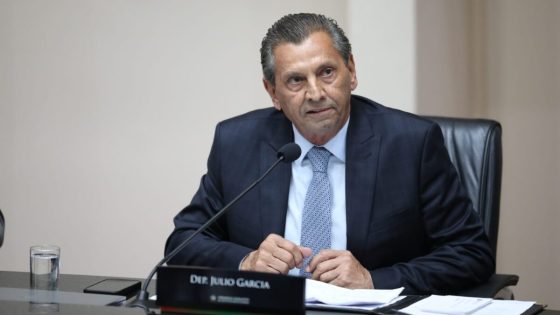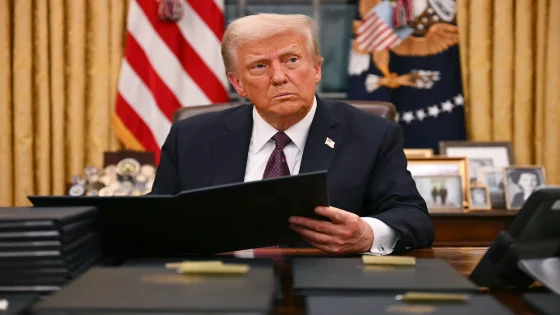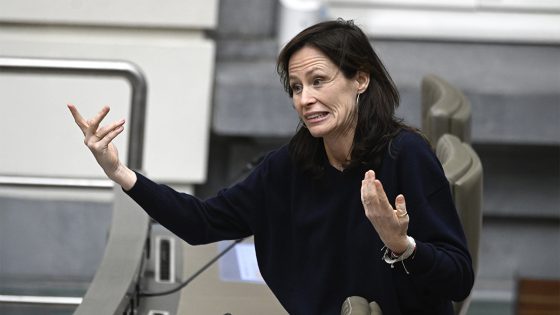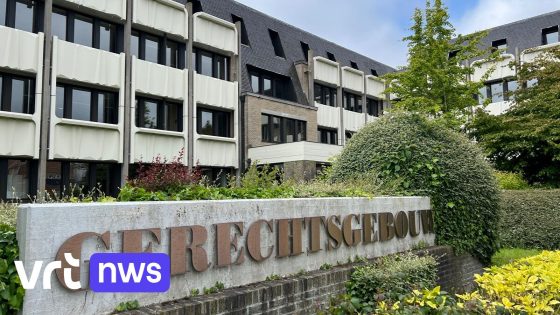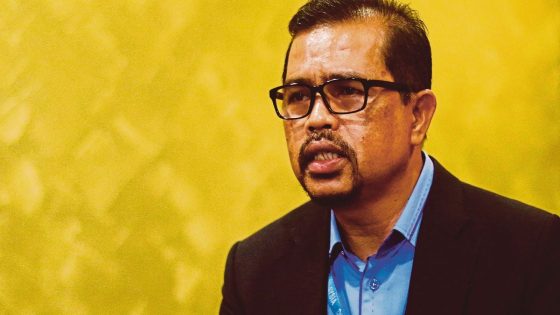On February 1, 2025, Julio Garcia was elected president of the Assembleia Legislativa de Santa Catarina (Alesc) for the fourth time. With 37 out of 40 votes, Garcia’s election highlights his strong support across the political spectrum. What does this mean for the future of Alesc and its legislative agenda?
- Julio Garcia elected president of Alesc again
- Received 37 out of 40 votes
- Unites political adversaries PL and PT
- Advocates for democracy and dialogue
- New session called for other leadership roles
- Election day coincides with other legislative votes
Julio Garcia’s Election: What It Means for Alesc and Beyond
Garcia’s overwhelming victory raises questions about the future direction of Alesc. How will his leadership impact legislative priorities? His ability to unite diverse political groups suggests a collaborative approach. With a commitment to maintaining harmony with other government branches, Garcia aims to enhance democratic processes. Will this lead to more effective governance in Santa Catarina?
Key Takeaways from Julio Garcia’s Leadership at Alesc
Garcia’s election is not just a personal achievement; it reflects broader political dynamics in Brazil. His leadership style emphasizes dialogue and respect among different political factions. Here are some key points to consider:
- Garcia received bipartisan support, indicating a shift towards collaboration.
- His presidency may influence upcoming legislative initiatives and elections.
- Garcia’s focus on maintaining independence from executive and judicial branches is crucial.
- His leadership style prioritizes communication, fostering a more inclusive political environment.
Understanding the Political Landscape in Santa Catarina
The political landscape in Santa Catarina is evolving, and Garcia’s presidency is a pivotal moment. His ability to bridge gaps between parties could lead to significant legislative advancements. The dynamics of Alesc are likely to change, with a focus on cooperative governance. How will this affect local policies and the state’s future?
Implications for Future Elections and Governance
Garcia’s election signals potential shifts in future elections. His leadership may inspire other political figures to adopt a more collaborative approach. This could lead to increased voter engagement and a more vibrant democratic process. What strategies will emerge as a result of this new leadership?
In conclusion, Julio Garcia’s election as president of Alesc is a noteworthy event that could reshape the political landscape in Santa Catarina. His commitment to collaboration and dialogue may foster a more inclusive governance model, benefiting both local and national interests.



